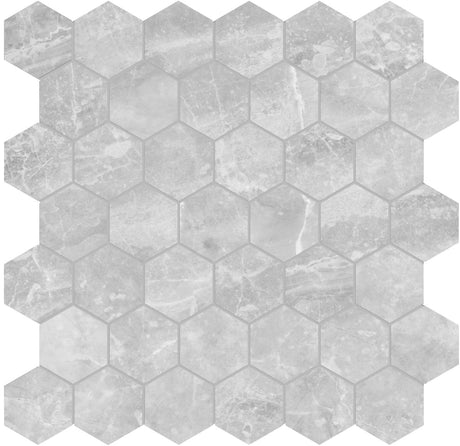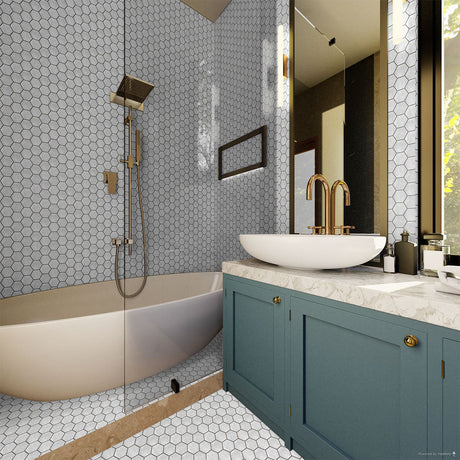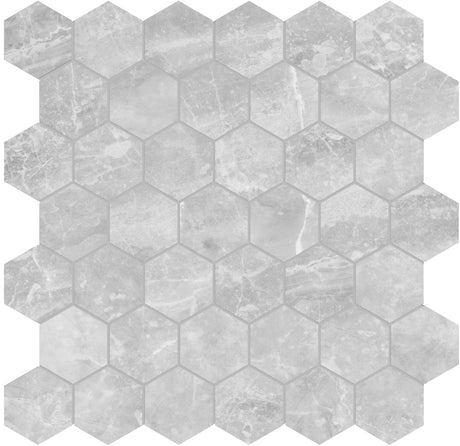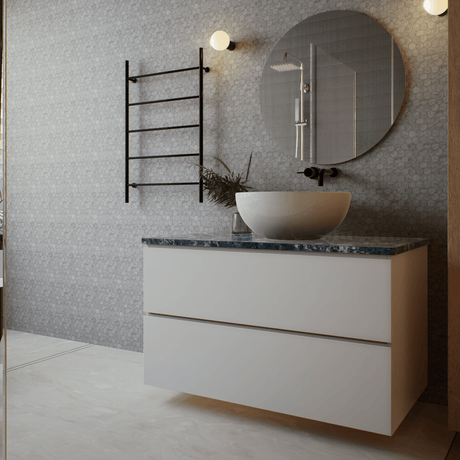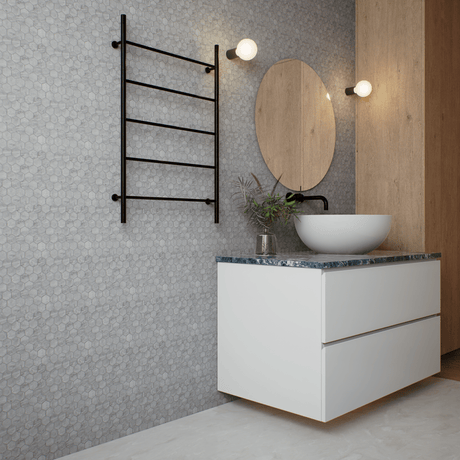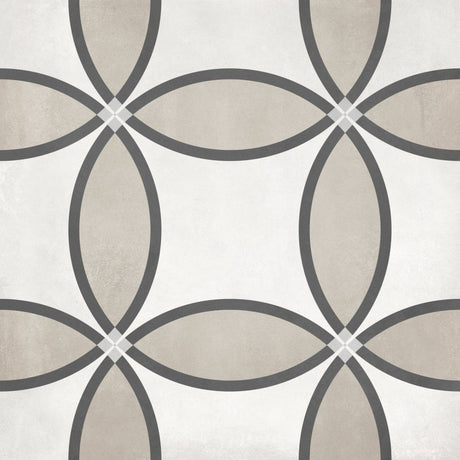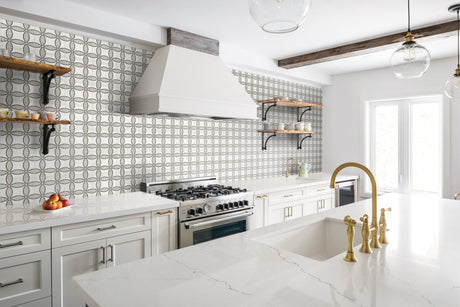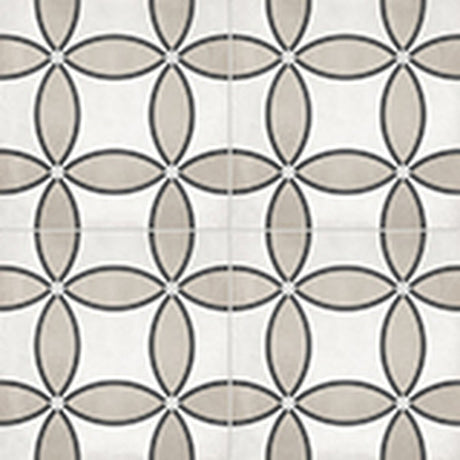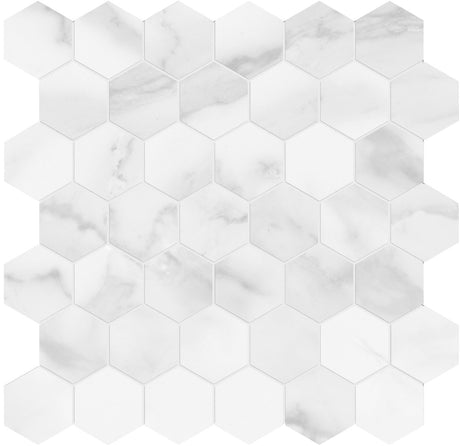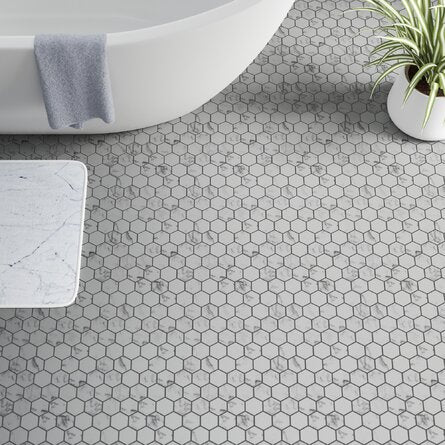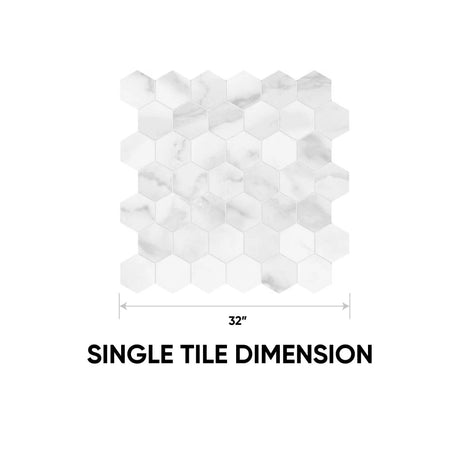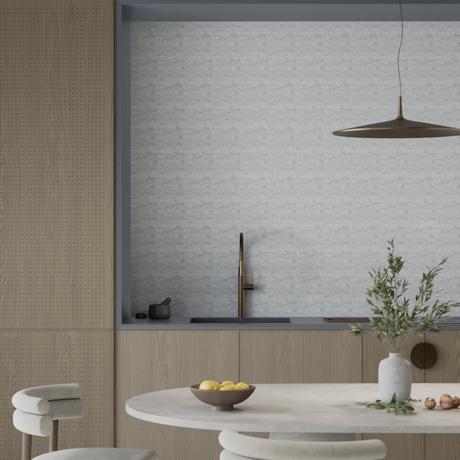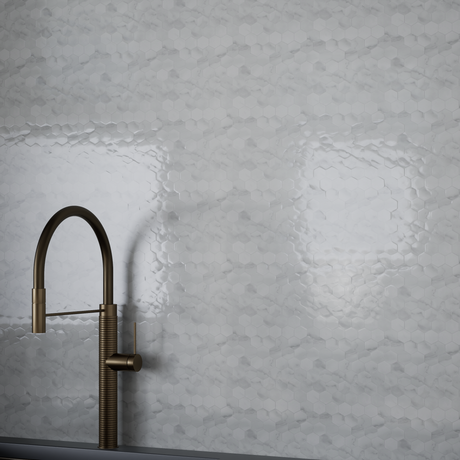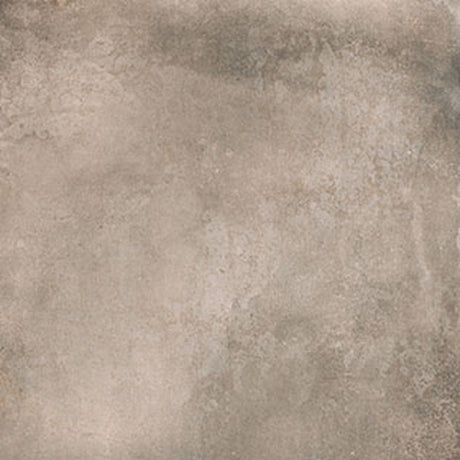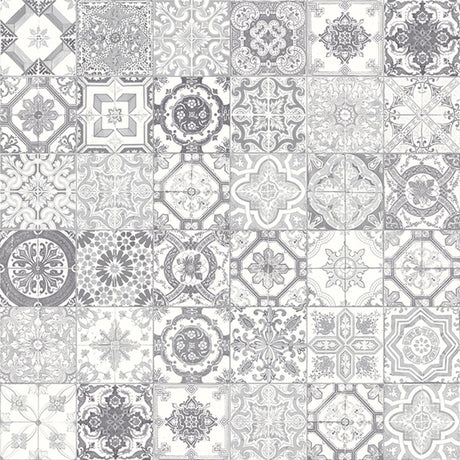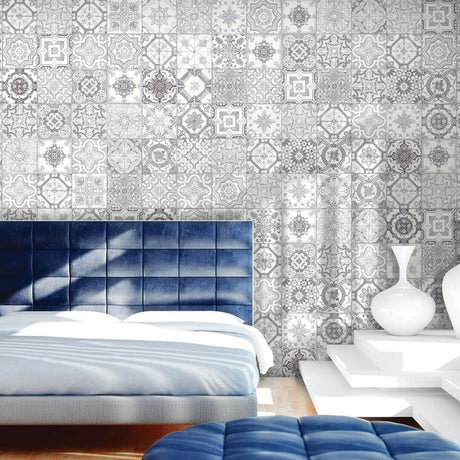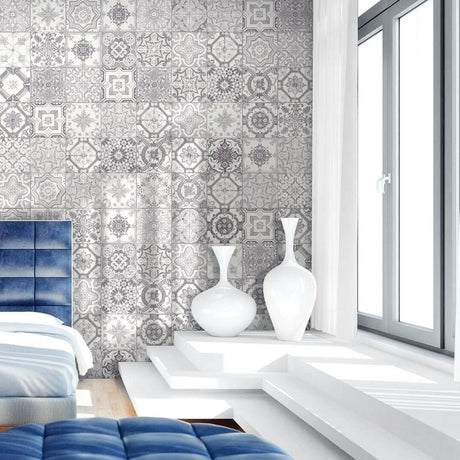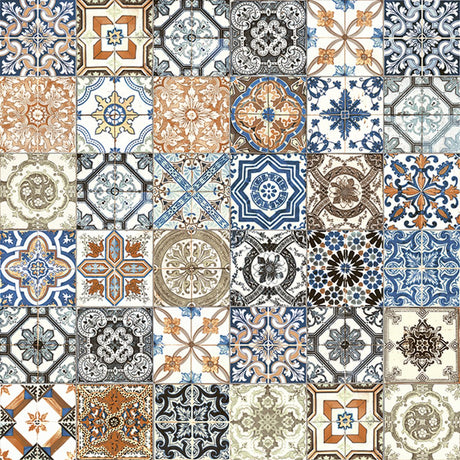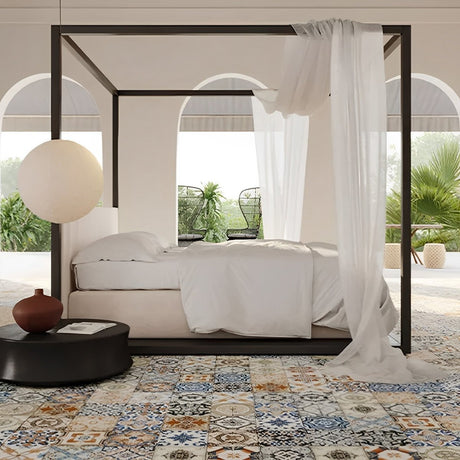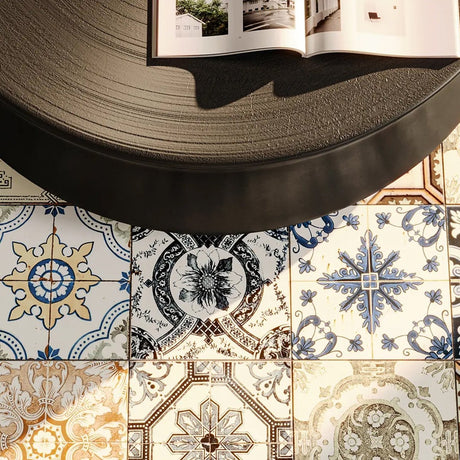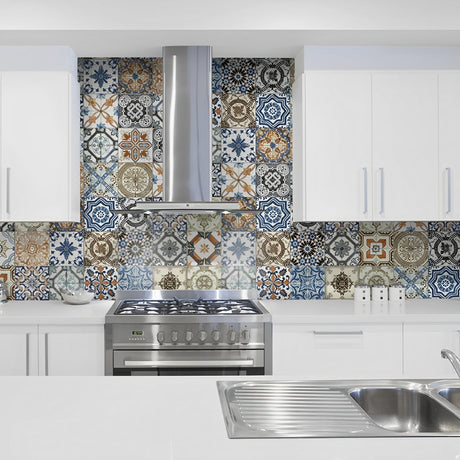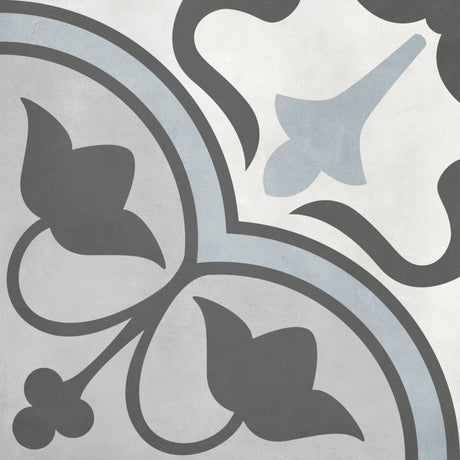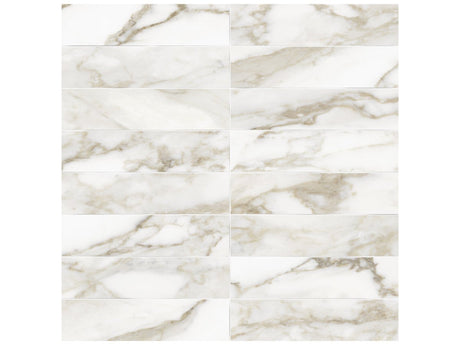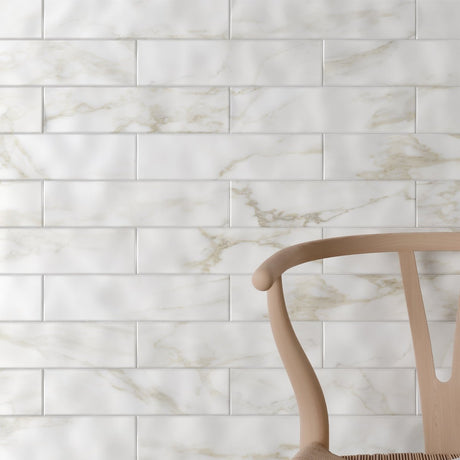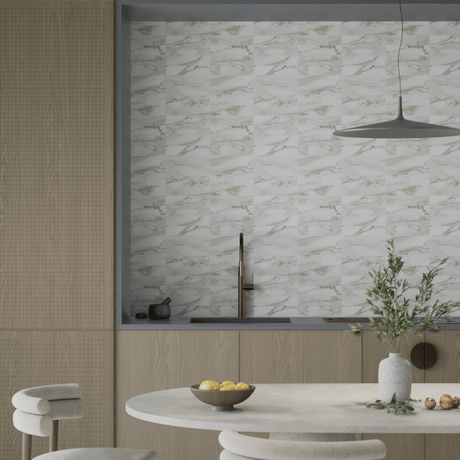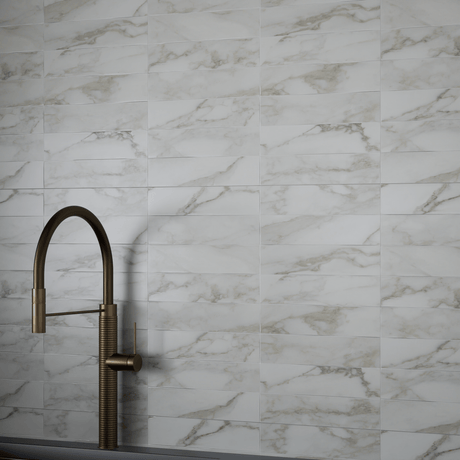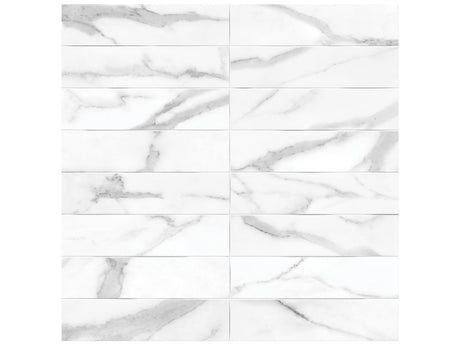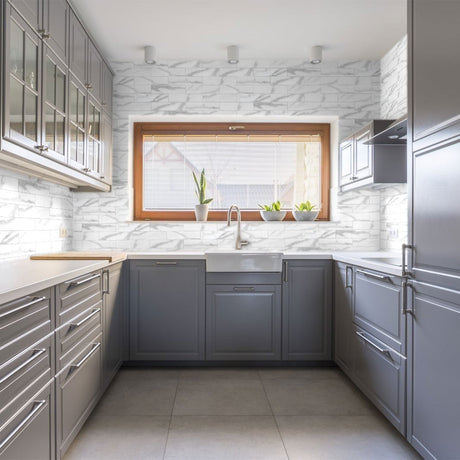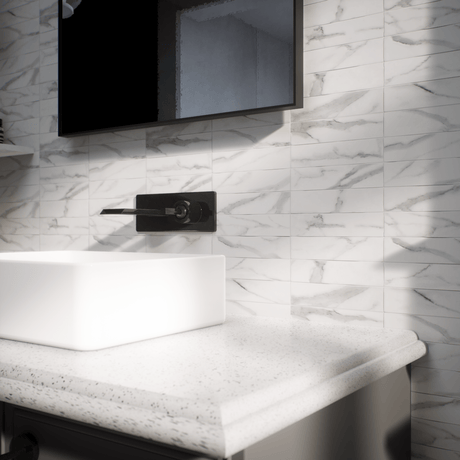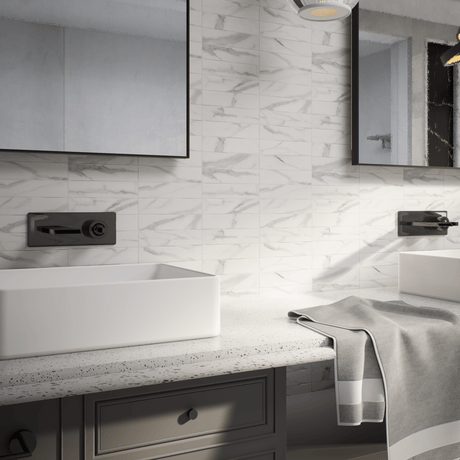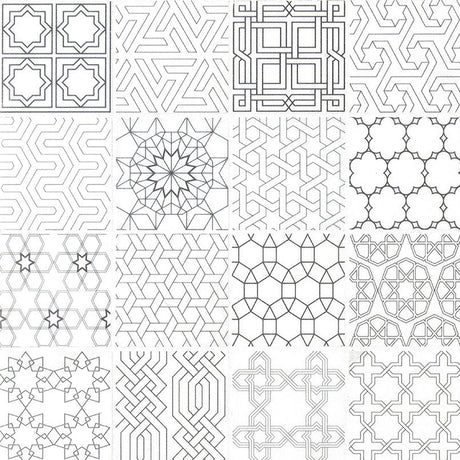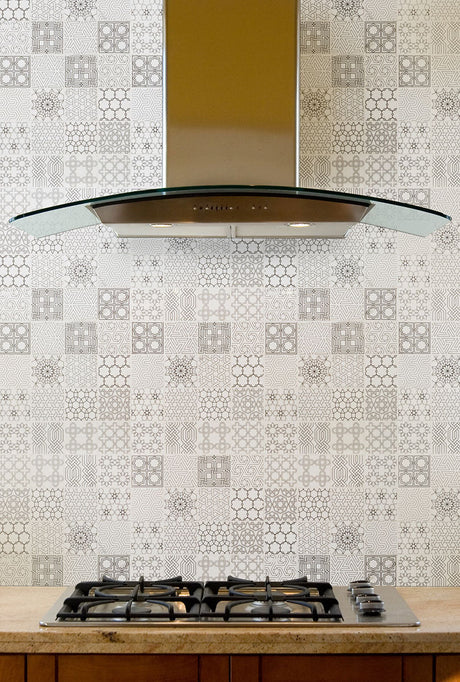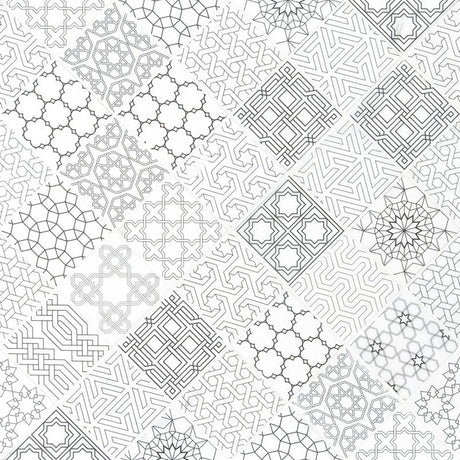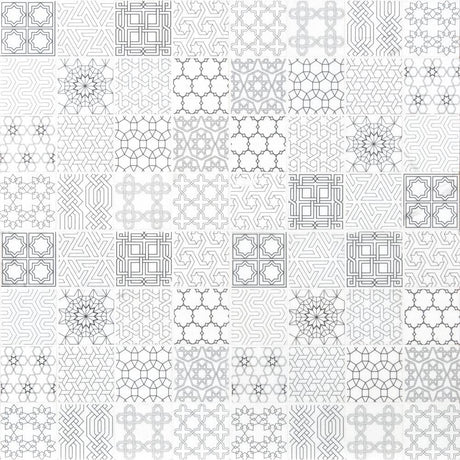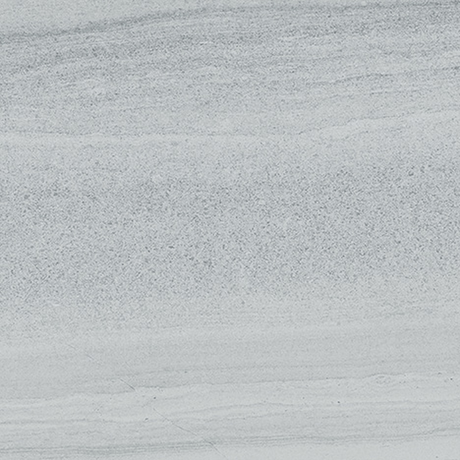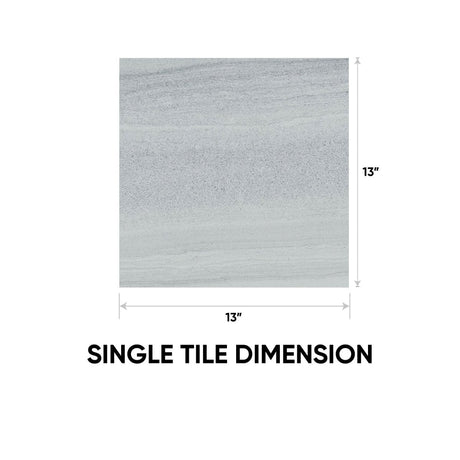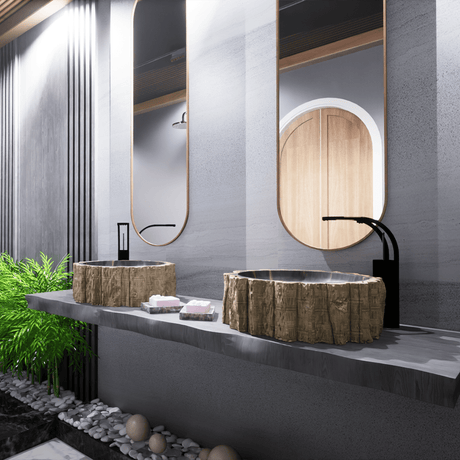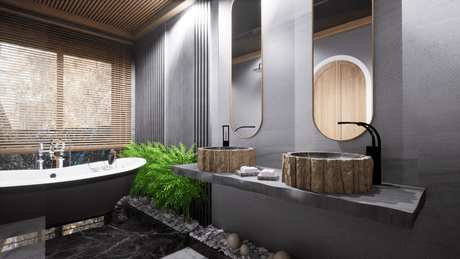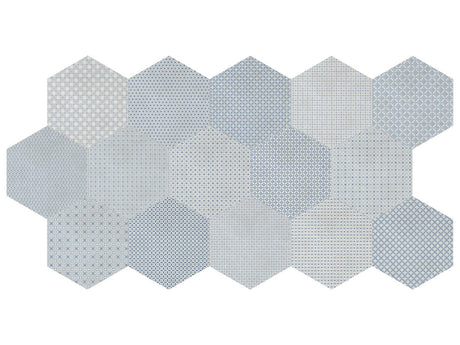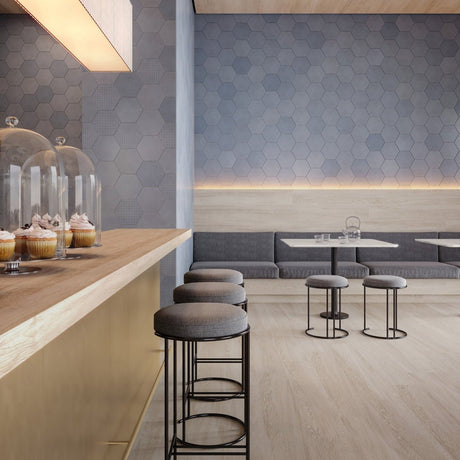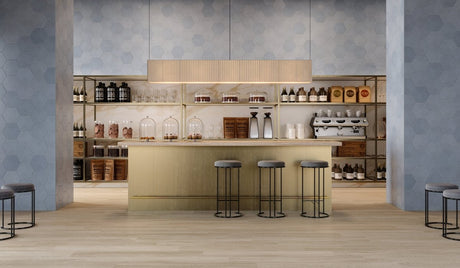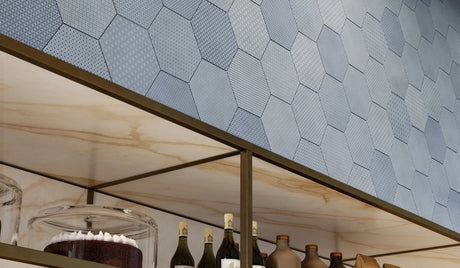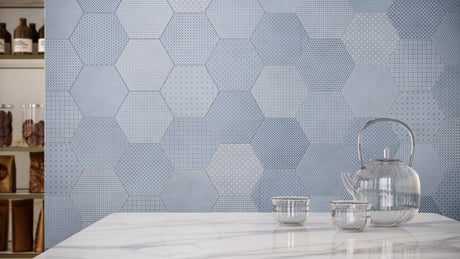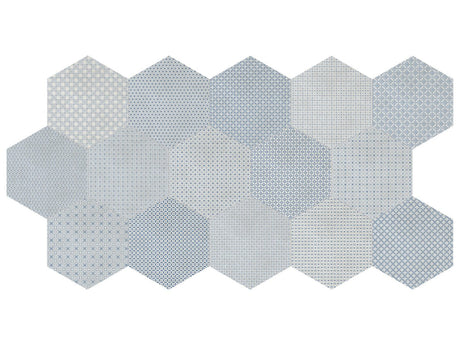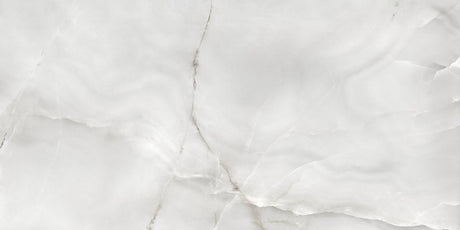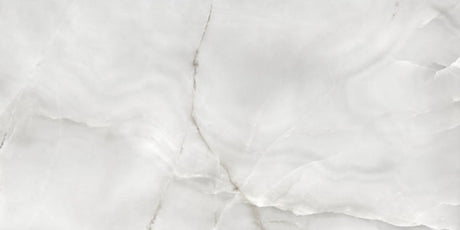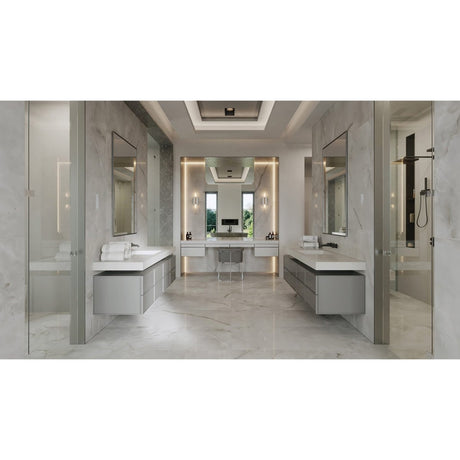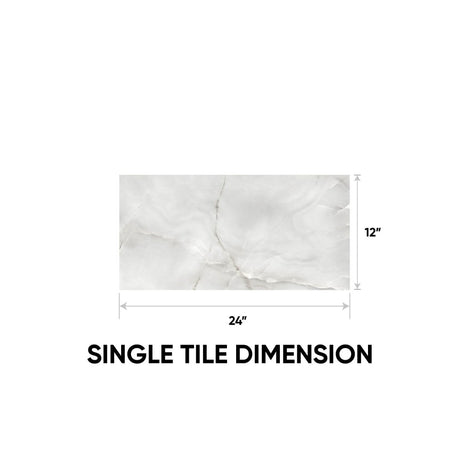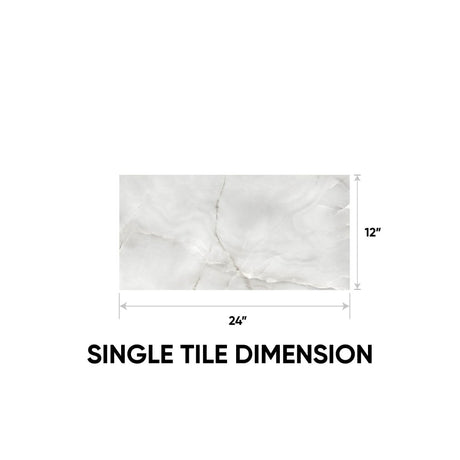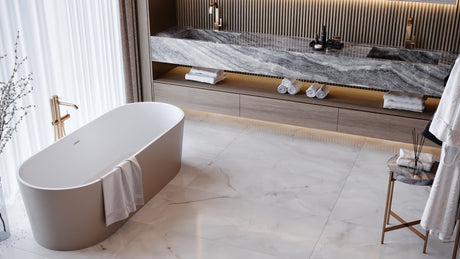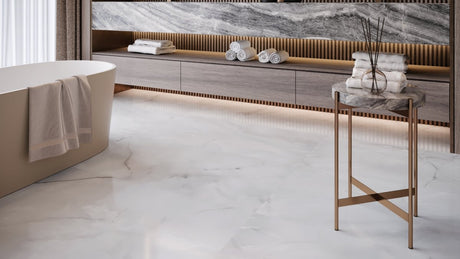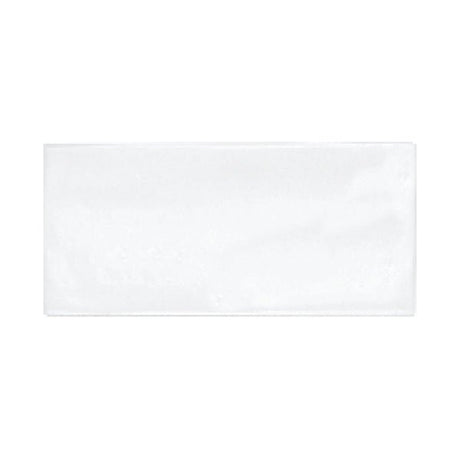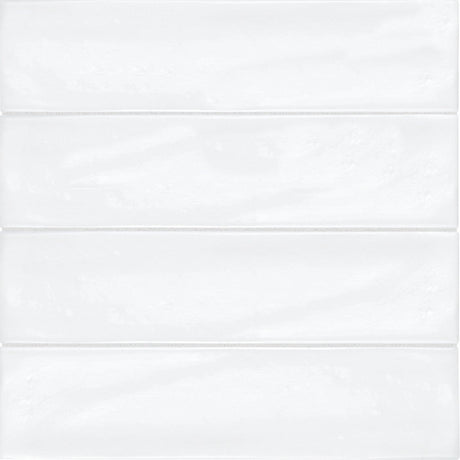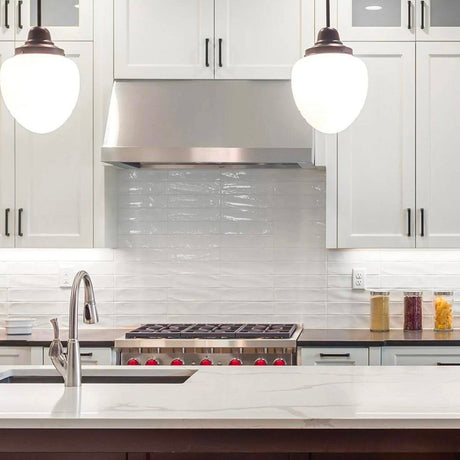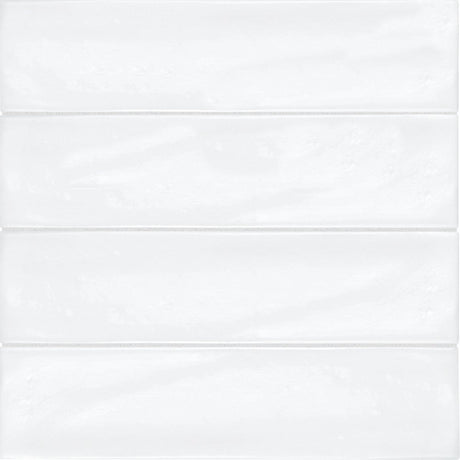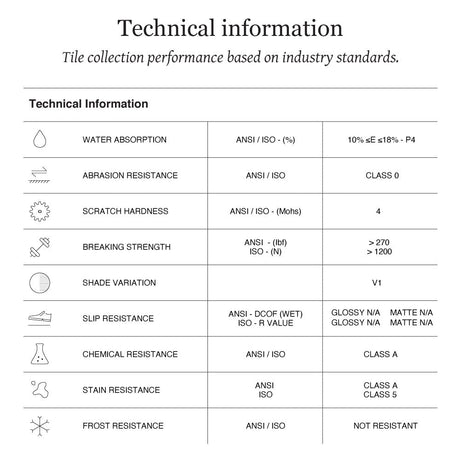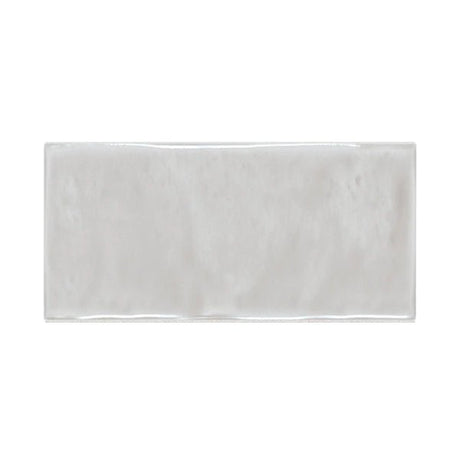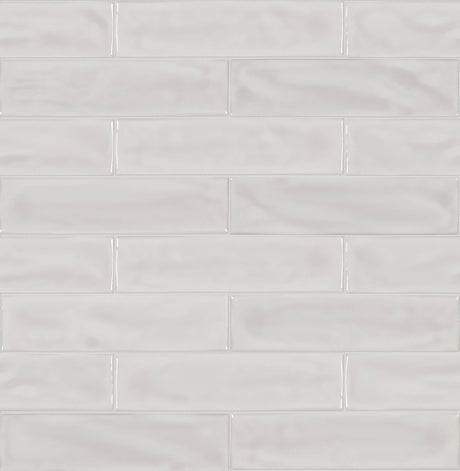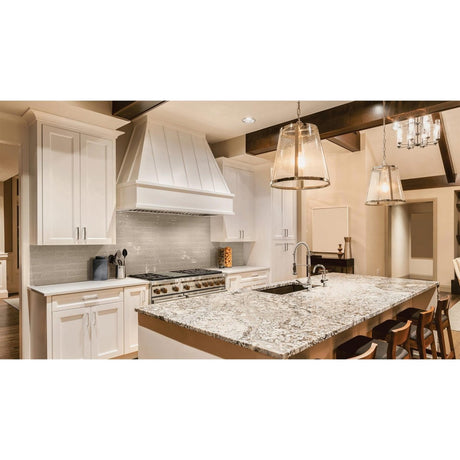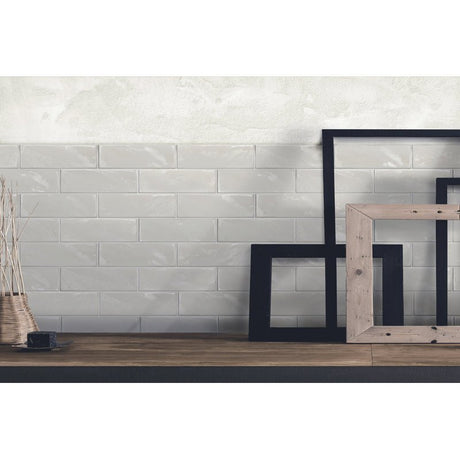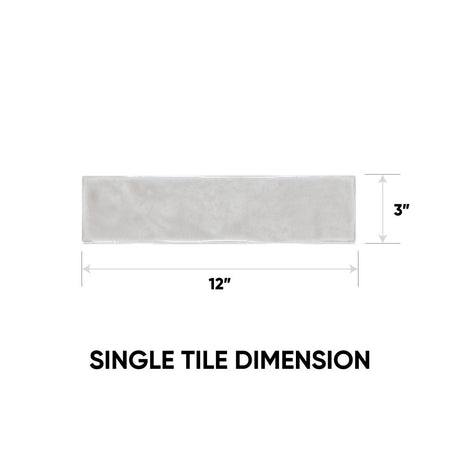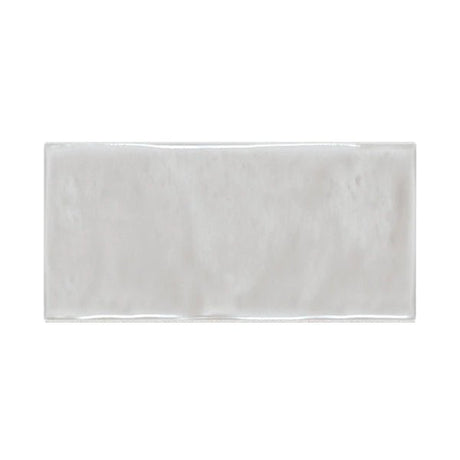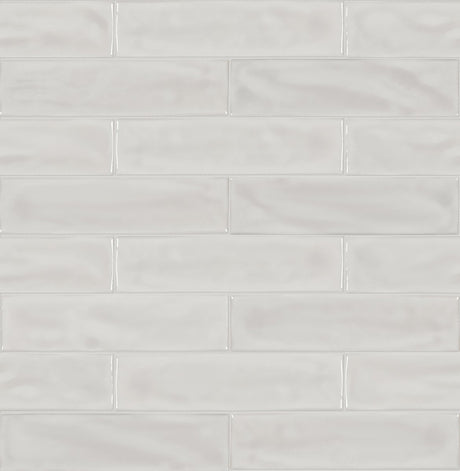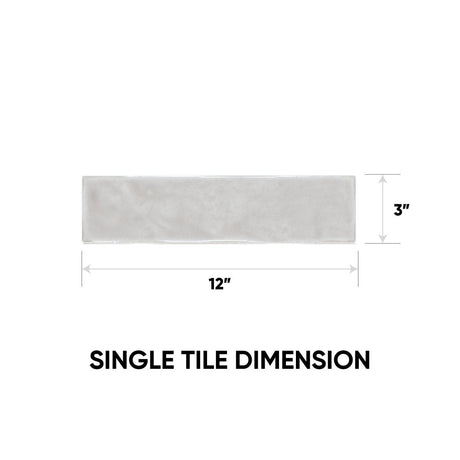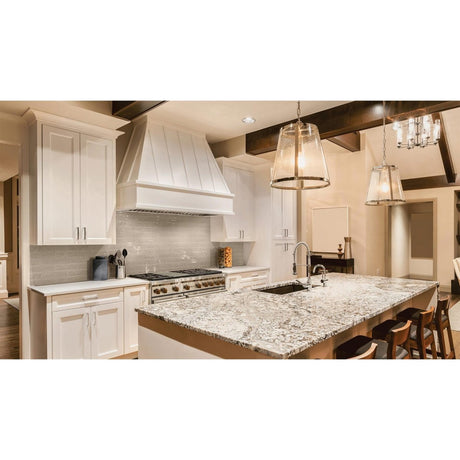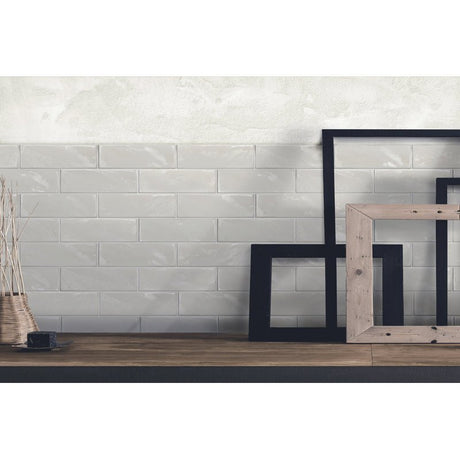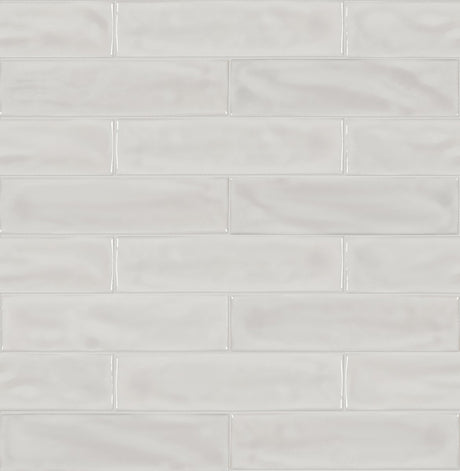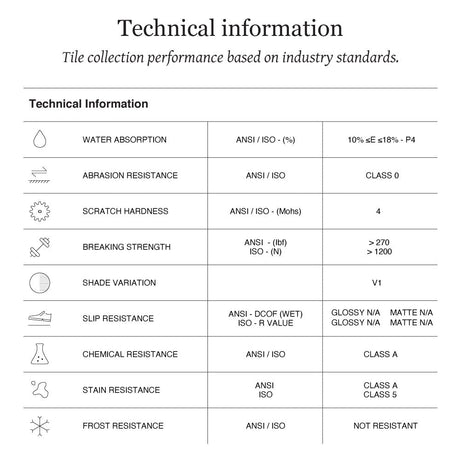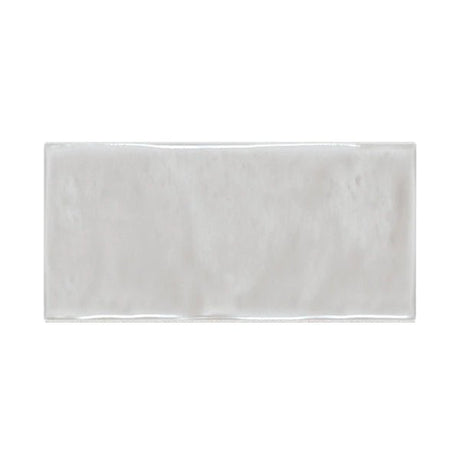Wall Tiles That Add More to Every Room—Not Just the Walls
A Wall Once Left Bare
The room was fine. The floors were clean. The furniture sat in place. But the walls? They were plain. Nothing wrong, but nothing right either. Then, wall tiles were added. Some in the kitchen. A few in the shower. Others are in the hallway. Suddenly, the space had depth. Texture. And purpose. Just like that, walls weren’t just walls anymore—they became part of the design.
Today, wall tiles come in every color, finish, and size. From kitchen wall tiles to shower wall tile, they work in every room. And because they’re easy to clean and long-lasting, more people now use them for both style and use.
Why Wall Tiles Make a Big Impact
Wall paint fades. Wallpaper peels. But tiles walls in bathroom, kitchens, and beyond stay strong. They protect your walls from heat, water, and dirt. And they make cleaning much easier.
Key Benefits of Wall Tiles:
-
Moisture-resistant – Great for wall tiles bathroom areas, or steamy showers
-
Easy to clean – Wipe away spills, grease, and stains
-
Long-lasting – No flaking or fading like paint
-
Great for style – So many choices, from brick wall tiles to mirror wall tiles
-
Safe for wet areas – Use the best tile for shower walls without worry
Whether you're updating your bathroom or kitchen, wall tiles for the bathroom or backsplash areas can change the look without a full remodel.
Where to Use Wall Tiles
You can use wall tiles just about anywhere. While bathrooms and kitchens are most common, they also look great in entryways, laundry rooms, and living spaces.
Popular Spots for Wall Tile:
-
Shower walls – Use waterproof shower wall tiles or peel and stick bathroom wall tile for fast upgrades
-
Bathroom walls – Try bathroom tiles for walls with patterns or texture
-
Kitchens – Kitchen tiles for the wall help protect from oil and splashes
-
Living rooms – 3D wall tiles or felt wall tiles add style
-
Hallways and corners – Add accents with photo wall tiles or scrabble wall tiles
Even small areas can stand out with the right tile wall layout or material.
Explore Types and Styles of Wall Tiles
Not every tile is the same. While ceramic wall tiles are common, you’ll also find many other types based on material, finish, and design.
Types of Wall Tiles to Try:
-
Ceramic or porcelain – Durable and great for wet zones
-
Cork wall tiles – Soft, warm, and easy to apply
-
Red or polished copper wall tiles – For bold accent areas
-
Peel & stick wall tiles – Easy DIY option with no grout
-
Picture tiles for wall – Add custom touches or art
-
Stone wall tile patterns – Bring in a natural look
-
White, copper and blue wall tile – Add calm or color contrast
You can even mix materials. Try wall tiles for kitchen made of ceramic with a copper trim for a nice blend of strength and shine.
Tips for Picking and Installing Wall Tiles
Even if you’re new to tiling, you can get it right with some planning. Think about the space. Pick a tile that fits both look and use.
Helpful Tips:
-
Use smaller tiles for tight spaces and corners
-
Try large-format tiles in wide, open walls
-
Stick on wall tiles work great for rentals or fast fixes
-
Match tile finish to the room—shiny for clean areas, matte for cozy ones
-
Learn how to install wall tile before starting, or ask a pro
Don’t forget to seal grout lines if you’re working in the shower or bathroom.
Conclusion
Tiles are no longer just for floors. With the right wall tiles, you can improve how a room looks and works. From bathroom wall tile ideas to kitchen wall tile backsplashes, every surface becomes a new canvas.
So, if your walls feel empty, tile them. Whether it’s a full shower wall, a photo tile for wall, or a modern bathroom tile wall, these small pieces make a big difference.



